Happy Thanksgiving everyone!
Joe Salama and Karen Pendergrass have organized a telesummit, the Ancestral Food Summit, to benefit the Farm-to-Consumer Legal Defense Fund. The summit features video interviews, recorded at the Ancestral Health Symposium in August, with:
- Robb Wolf
- Chris Kresser
- Chris Masterjohn
- Terry Wahls, M.D.
- Paul Jaminet
- Jimmy Moore
- Keith Norris
- Darryl Edwards
- Dr. Shauna Young
- David Pendergrass
- Sally Fallon Morell
- Jordan Reasoner
- Kendall Kendrick
Here’s the preview video:
For more information about how to obtain the summit and support the Farm-to-Consumer Legal Defense Fund, click on the image:








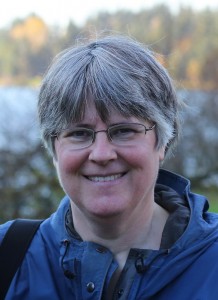

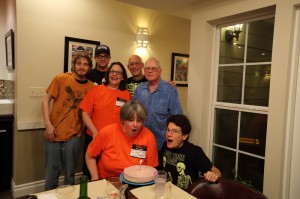
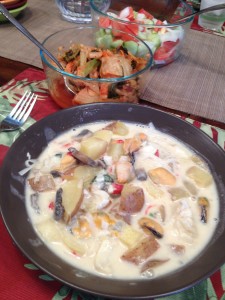
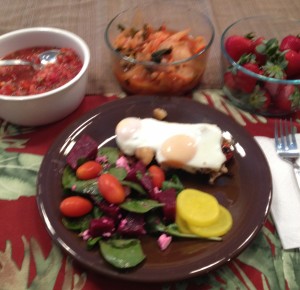
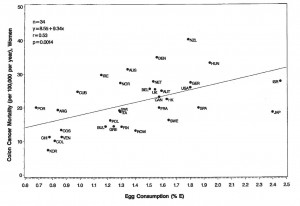
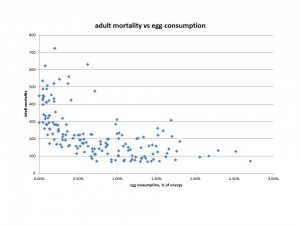
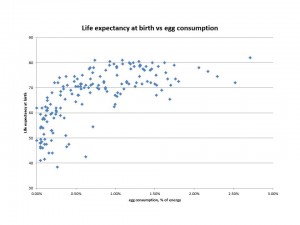
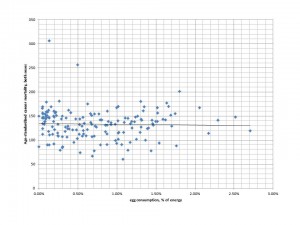
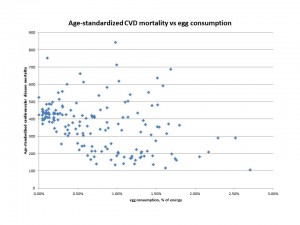
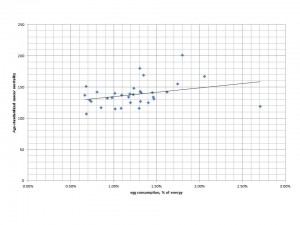




Recent Comments